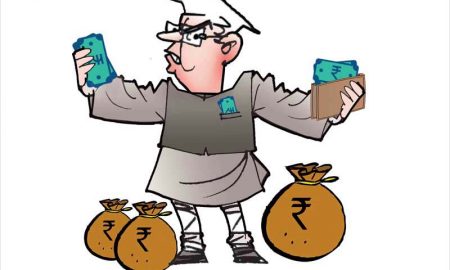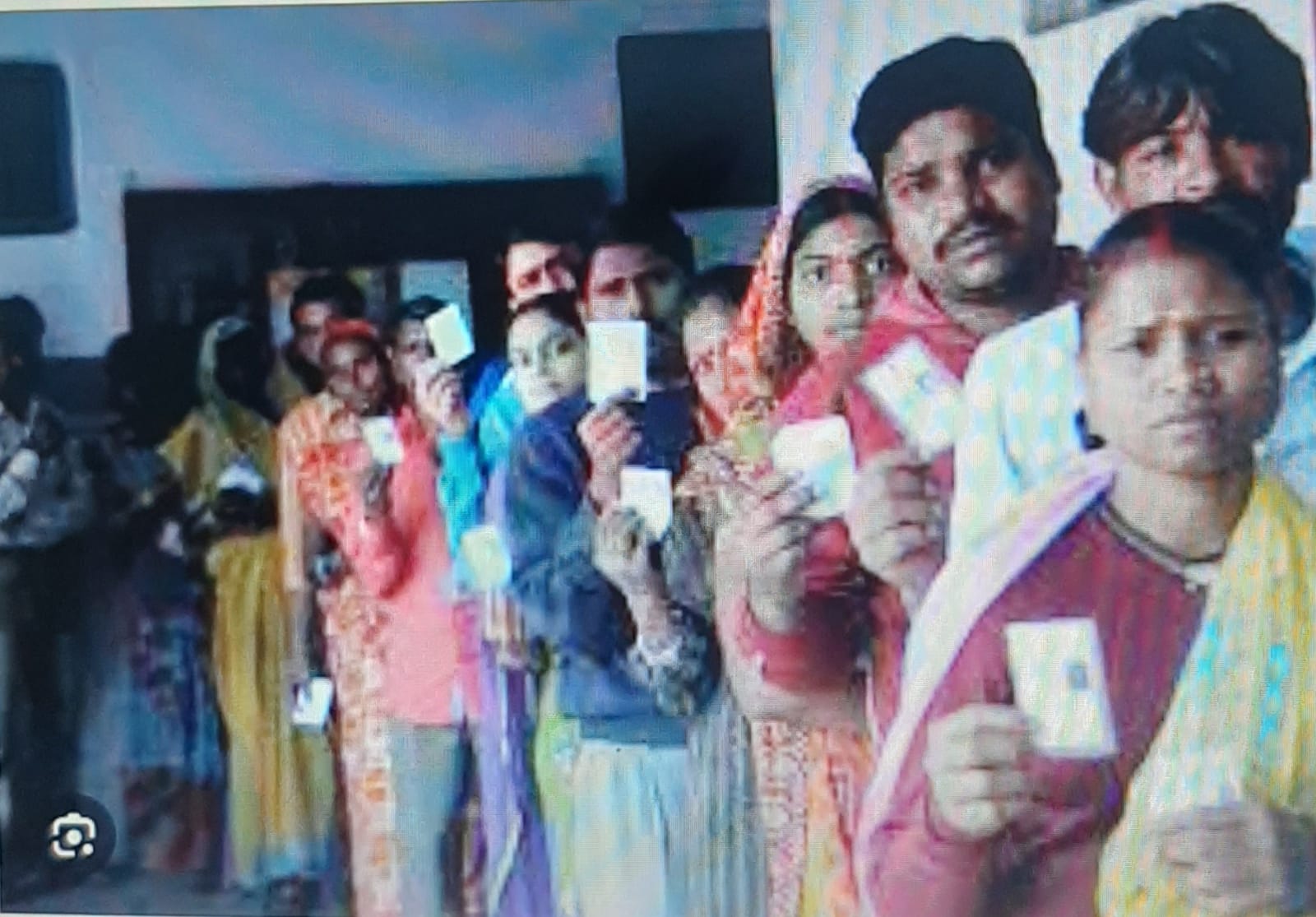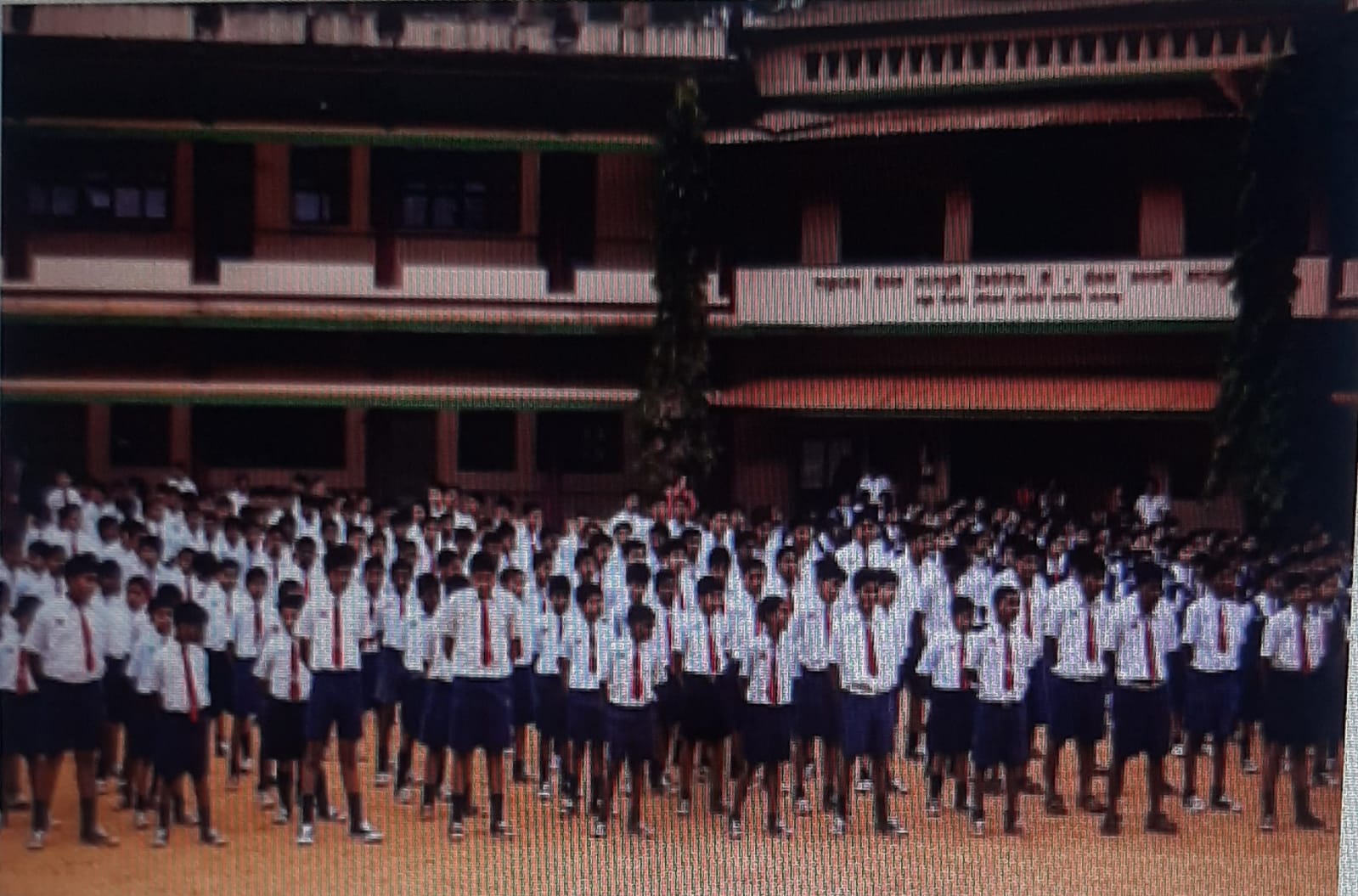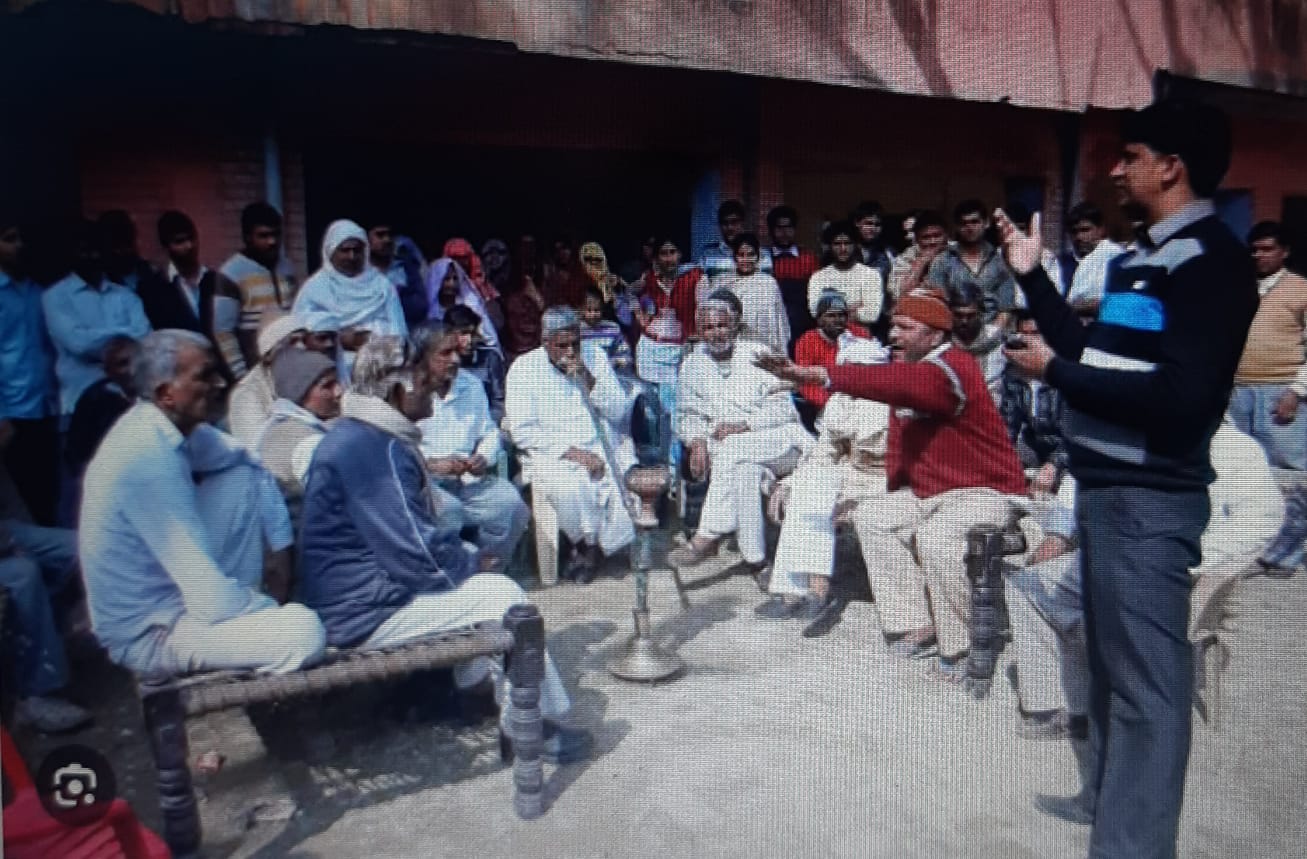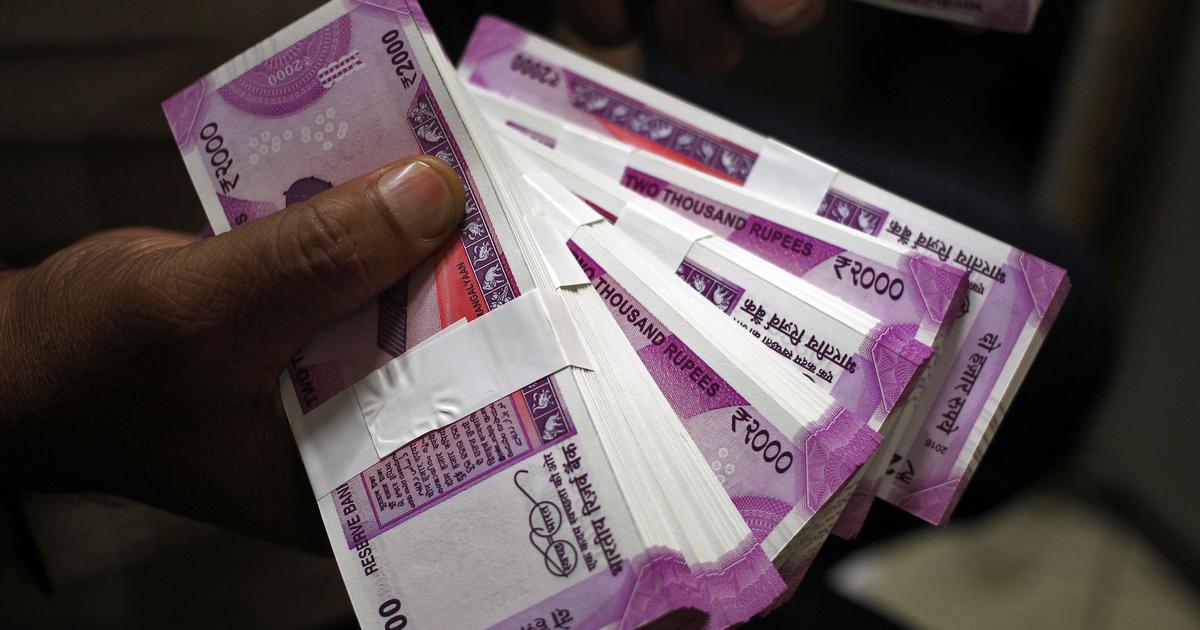
Why has the UP government denied the CBI permission to question the three IAS officers over their alleged role in the Rs 2,267 crore PF scam is inexplicable, argues former IAS officer V S Pandey
The Uttar Pradesh BJP government has prevented CBI from questioning the three IAS officers in the Rs 2,267 crore Provident Fund scam committed during the regime of Akhilesh government.
The matter pertains to UPPCL being charged with investing Rs 2,267 crores of the employees’ provident fund (PF) as fixed deposits in the Diwan Housing Finance Ltd (DHFL)—a Mumbai-based private company. The investment was carried out- in exchange of a monstrous commission-flouting with impunity, the central government’s investment guidelines. One of the concerned IAS officers, Sanjay Agarwal was then posted as Principal Secretary and Chairman of UPPCL from 2013 to 2017, when the scam allegedly took shape. The other IAS officer Alok Kumar, later succeeded Sanjay Agrawal as chairman, and Aparna U, the erstwhile managing director of Uttar Pradesh Power Corporation Limited (UPPCL) were also named in connection with this case.
Why has the Uttar Pradesh government denied the CBI permission to question the three IAS officers over their alleged role in the Rs 2,267 crore Provident Fund scam is inexplicable. This was one of the biggest scandals that had come into the public domain. The Yogi government, after taking over in 2017, had on its own volition, transferred the investigation of this huge scandal from the economic offences investigation wing of the state to Central Bureau of Investigation- after massive protests by UPPCL engineers and employees.
Now the refusal by the same state government to allow CBI to question the three IAS officers purportedly involved in this murky deal is astounding! There are several other senior functionaries of the power corporation who were arrested in this scam then and are believed to have been denied bail so far. These three IAS officers, who were actually involved in the decision to invest more than Rs 2000 crores of provident fund money in a private company DHFL, which collapsed soon after- this swindling act, are comfortably occupying top positions in our country’s bureaucratic ladder. Sanjay Agrawal having retired a few months ago as Secretary, Agriculture, in Government of India and Alok Sinha is currently invested, ironically, with the charge of Power Secretary.
It is tragic that while some members of the Uttar Pradesh Power Corporation Limited, board members and some junior functionaries are in jail, the Chairman of the UPPCL Board who presided over the decision making to invest more than Rs 2000 crores has not only evaded his huge culpability thereafter, but has also enjoyed lucrative positions and is now drawing his pension- without an iota of accountability being enforced . The other IAS officer Alok Sinha , as per the media reports , was also integral to this venal decision- which led to this humungous scandal.
News appearing in media suggested that the IAS officers, involved in this scandal, left with no alibi, have even gone to the extent of saying that their signatures were “forged”. This question can be settled only after proper investigation and questioning of the concerned officers. The important fact that is salient here is that the concerned officer was the one who had presided over this scandal but did he ever flag the issue, raise any alarm or report the matter to higher ups before the money was actually siphoned off by the accomplices in this crime.
The other vital issue is, why is the CBI seeking permission to question these IAS officers from the State government when the state government itself had handed over the case to the CBI and Sanjay Agrawal and Alok Sinha, both were/are not serving in the state and were on central deputation. Under the Criminal Procedure Code, there is no such provision of seeking permission from any one to question any suspect. As per the central government’s directives, CBI needs government’s permission to initiate enquiry against an officer of Joint Secretary rank or above. This directive has nothing to do with this case- where the state of Uttar Pradesh had itself asked the CBI to investigate this case.
Finally, why should any government ever come obstruct a thorough investigation in any case, is the question. Why should officers, suspected to be involved in the scam, shy away from investigation, when they have not done any wrong, in fact they are duty bound to tell the truth to investigating agencies to help them nab the real culprit. Another question that needs to be probed by the CBI is whether political bosses were involved in this murky deal, as normally this kind of massive bungling is done under political patronage only. This is not the first time- neither will it be the last- when such efforts are made by the powers that be to deny permission to probe agencies to unravel the truth behind these kind of scandals. In the past too, many corrupt officers, despite tons of evidence to prove them guilty, roamed scot- free, reached the apex of the administrative structure and retired with full pension and emoluments .Many others are emboldened to follow their nefarious path.
Some years back, an IAS officer of Uttar Pradesh cadre involved in the huge coal scam of UPA era, while serving in the central government, became the Chief Secretary of the state and then was rewarded with another five year term in a cushy job and is now enjoying post retirement perks. He was saved in a manner similar to the present case. Uttar Pradesh was also witness to the dubious episode of two IAS officers, after having been voted as the “ Most corrupt officer” by their own cadre mates, being honorably appointed as Chief Secretary of the most populous state of the union. Is being ‘most corrupt’ a necessary qualification to get plum postings in U.P. only? There are innumerable examples in our country of thoroughly corrupt bureaucrats, belonging to different services, in collusion with corrupt politicians, being allowed to carry on their dubious activities unabated, for decades. Scams are the norm in this unethical inept governance.
Making officers accountable for their acts of commission and omission , is the essence of any rule based system. Our country, while adopting the constitution, made the “Rule of Law” the foundation of our democracy and the principle of governance . Any deviation from this is bound to cause irreparable damage to our democratic ethos. We are not making the requisite progress only because we violate these fundamental principles and adopt the middle path of “convenience”. Consequently where have we reached today? We find ourselves at the bottom of all development indices and are foremost amongst the most corrupt nations of the world. The only way to restore our honorable place amongst the comity of nations is to stringently punish the guilty and protect the innocent , irrespective of their standing in society. Satyamev Jayate ,our credo, must not be paid lip service to but must be the sole yardstick of ethical governance.
(Vijay Shankar Pandey is former Secretary Government of India)



